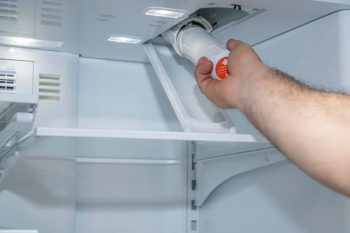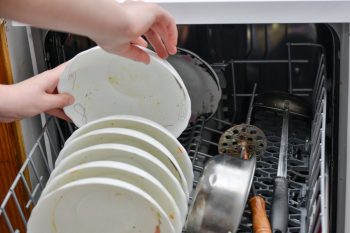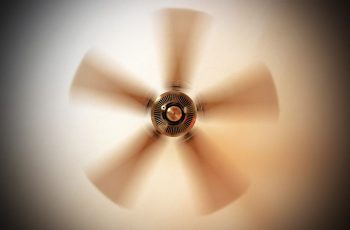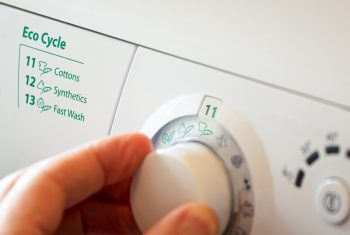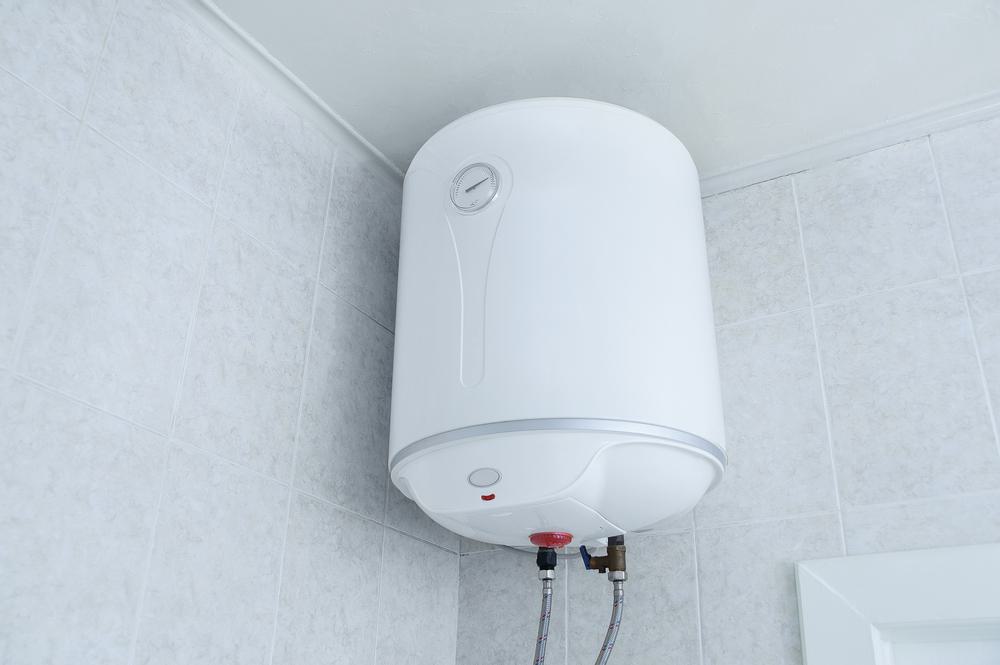
Water heaters are essential appliances in our homes, providing us with hot water for bathing, cooking, and cleaning. But what happens when you notice your water heater leaking at the bottom? This can be a cause for concern, leading to potential water damage, higher utility bills, and even safety hazards. Let’s delve into the various reasons why your water heater might be leaking at the bottom and the steps you can take to remedy the situation.
Your water heater may be leaking at the bottom due to several reasons such as a loose or damaged drain valve, a faulty temperature and pressure relief valve, sediment buildup in the tank, cracks in the water heater, or loose pipe connections. To fix this, identify the source of the leak and take immediate steps to prevent further damage. If you’re unsure about the source of the leak or how to fix it, contact a professional plumber. Regular maintenance can help prevent such leaks.
Common Causes of Water Heater Leaks
Several reasons could lead to your water heater leaking at the bottom. These include:
- Loose or damaged drain valve: The drain valve, located at the bottom of the water heater, is used to drain the tank for maintenance or repairs. If it is not completely closed, loose, or damaged, water will leak from it.
- Faulty temperature and pressure relief valve (T&P valve) or excess pressure in the tank: The T&P valve is a vital safety feature that releases excess pressure and temperature from the tank. If it is faulty or if there is too much pressure in the tank, it can cause leaks.
- Sediment buildup: Sediment can accumulate at the bottom of the tank, leading to corrosion of the tank’s inner lining and eventually causing leaks.
- Cracks in the water heater: Cracks in the water heater tank can result from various factors such as high water pressure or hard water.
- Loose pipe connections: Loose connections in the pipes can also cause water to leak from the bottom of the water heater.
Diagnosing a Leak in Your Water Heater
If you notice water pooling around your water heater, it’s crucial to identify the source of the leak. Here’s a step-by-step guide on how to diagnose a leak in your water heater:
- Check the drain valve: Inspect the drain valve visually to see if water is coming out of it. If it’s loose, use a wrench to tighten it gently.
- Inspect the T&P valve: Check the discharge pipe connected to the T&P valve for signs of leakage. If the valve is faulty, it’ll need replacement.
- Look for signs of internal tank leaks: If the leak is coming from the tank itself, it could be due to corrosion or sediment buildup inside the tank. This usually calls for a replacement of the water heater.
- Check the age of your water heater: Older water tanks are more susceptible to leaks due to wear and tear. If your water heater is old, it may be time for a replacement.
Immediate Steps to Take When Your Water Heater is Leaking
When you notice your water heater is leaking, it’s critical to take immediate steps to prevent further damage and potential safety hazards. Here’s what you should do:
- Turn off the power supply: For a gas water heater, locate the valve on the side and turn it off. For an electric water heater, go to your breaker panel and shut off the corresponding breaker.
- Shut off the water supply: Locate the valve on one of the lines leading into the top of the water tank and turn it off.
- Identify the source of the leak: Inspect the water heater and surrounding area to determine where the leak is coming from.
- Assess the severity of the leak: If it’s a minor leak from a valve or connection, you may be able to fix it yourself. However, if it’s a severe leak or coming from the tank itself, you’ll need to call a professional.
- Call a professional: If you’re unsure about the source of the leak or how to fix it, contact a professional plumber to assess the situation and provide the necessary repairs.
The Dangers of a Leaking Water Heater
A leaking water heater can pose several potential dangers, which include:
- Flooding and water damage: A significant leak can cause water damage to floors, walls, and personal possessions.
- Mold and mildew growth: Damp, wet areas from leaks can promote the growth of mold and mildew, posing health risks.
- Gas leaks and fire hazards: For gas-powered water heaters, a leak could potentially cause a gas leak, increasing the risk of fire.
- Scald risks: Leaks from a water heater could result in indirect contact with hot water, leading to injuries.
- Explosion: Although rare, a water heater could explode if the pressure builds up inside the tank, especially if the pressure relief valve is broken or faulty.
Professional Solutions for a Water Heater Leaking at the Bottom
If you’re unsure about how to fix a leak in your water heater, it’s always a good idea to consult with a professional plumber. Depending on the source of the leak, the solution could be as simple as tightening a loose drain valve or as complex as replacing a corroded water tank. A professional can diagnose the issue accurately and recommend the appropriate solution.
The Cost of Fixing a Water Heater Leak
Fixing a water heater leak can cost between $200 and $1,000, depending on the severity of the leak and the specific repairs needed. If the leak is severe and the water heater needs to be replaced, the cost can range from $1,300 to $5,500.
Regular Maintenance Can Prevent Leaks
Regular maintenance of your water heater can help prevent leaks. This includes annual flushing of the tank to remove sediment buildup, regular inspection of the pressure relief and drain valves, and checking for signs of corrosion or damage. By taking these preventive measures, you can extend the life of your water heater and ensure it operates efficiently.
In conclusion, a leaking water heater is a serious issue that requires prompt attention. By understanding the causes of water heater leaks, you can take steps to prevent them and maintain the efficiency and longevity of your water heater. If you notice a leak, don’t hesitate to consult with a professional to diagnose and fix the problem.
Frequently Asked Questions
How often should I inspect my water heater for leaks?
It’s a good idea to inspect your water heater for leaks at least once every three months. Regular inspection can help you catch minor issues before they become major problems.
What is sediment, and why does it cause my water heater to leak?
Sediment is a mixture of mineral deposits, including sand and other debris, that can accumulate over time at the bottom of your water heater. When heated, the sediment can harden and cause the tank to crack, leading to leaks.
Can I replace the drain valve myself if it’s causing the leak?
Yes, replacing a drain valve is a task that can be done by a handy homeowner. However, if you’re not comfortable doing it yourself, it’s always best to hire a professional plumber.
How can I tell if my water heater is old and needs to be replaced?
The lifespan of a water heater is typically between 10 to 15 years. If your water heater is within this age range, it may be time to consider a replacement. You can find the manufacture date on the water heater’s serial number.
What should I do if my water heater is leaking gas?
If you suspect a gas leak, immediately evacuate the area and call your local gas company or fire department. Gas leaks can be extremely dangerous and should be handled by professionals.



